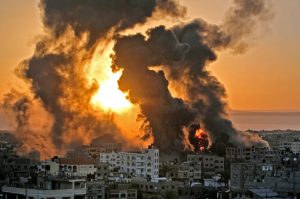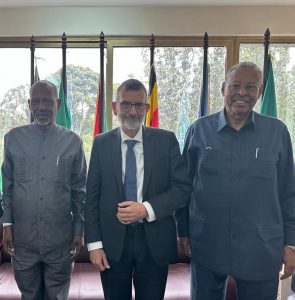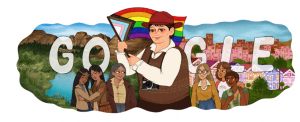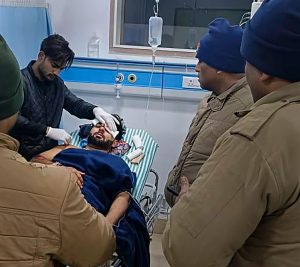The UN Human Rights Council criticised Tuesday the erosion of judicial independence, marginalisation of minorities and impunity in Sri Lanka, and urged the UN to ramp up evidence gathering.
The body approved a resolution expressing “serious concern” at the situation.
With 22 countries voting in favour of the text, 11 opposed and 14 abstaining, the 47-member council pointed to “trends emerging over the past year, which represent a clear early warning sign of a deteriorating situation of human rights in Sri Lanka”.
Also Read| Stone from Sita Eliya in Sri Lanka to be used for building Ram temple in Ayodhya
At the start of the current council session last month, Sri Lankan Foreign Minister Dinesh Gunawardena slammed the resolution as politically motivated — a sentiment reiterated on Tuesday by the country’s ambassador.
The text, proposed by Britain, Germany, Canada and several other countries, spotlighted Sri Lanka’s ongoing failure to ensure accountability for atrocities committed during its civil war that ended in 2009.
Also Read| Sri Lankan Muslim leader arrested under anti-terror laws
It also highlighted “accelerating militarisation of civilian government functions”, “the erosion of the independence of the judiciary”, and “increased marginalisation” of Tamil and Muslim minorities.
The resolution expressed particular concern that the island’s response to the COVID-19 pandemic had “exacerbated the prevailing marginalisation of and discrimination against the Muslim community”.
And it called on Sri Lanka’s government to review its Prevention of Terrorism Act, which rights groups have warned is being used as a weapon targeting dissidents and minorities in the fractured country.
Last week, President Gotabaya Rajapaksa announced new rules under the PTA aimed at the “de-radicalisation” of religious extremists that allow the detention of anyone suspected of causing “acts of violence or religious, racial or communal disharmony”.
Tuesday’s resolution also criticised “ongoing impunity and political obstruction of accountability” for past crimes, referring to the thousands of civilians killed in the final stages of the 37-year separatist war that ended a decade ago.
It cautioned that the trends “threaten to reverse the limited but important gains made in recent years, and risk the recurrence of policies and practices that gave rise to the grave violations of the past.”
The resolution called on the office of UN rights chief Michelle Bachelet to enhance its monitoring and reporting on the situation of human rights in Sri Lanka, including on progress in reconciliation and accountability, and to present oral and written reports to the council on the findings.






